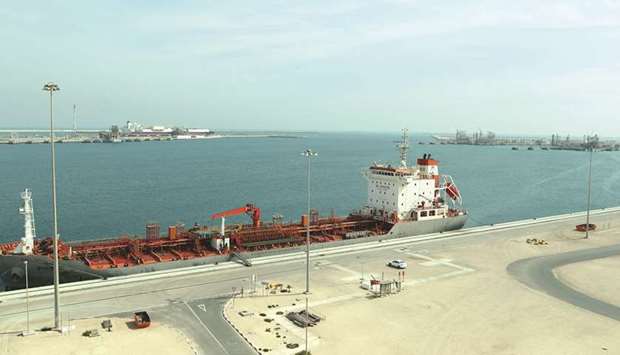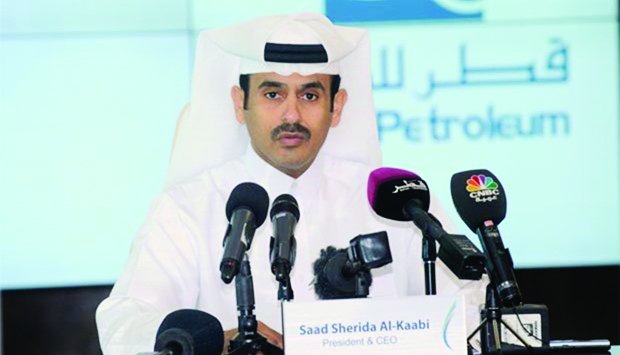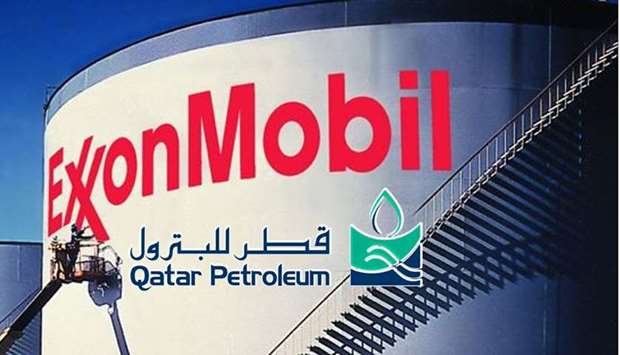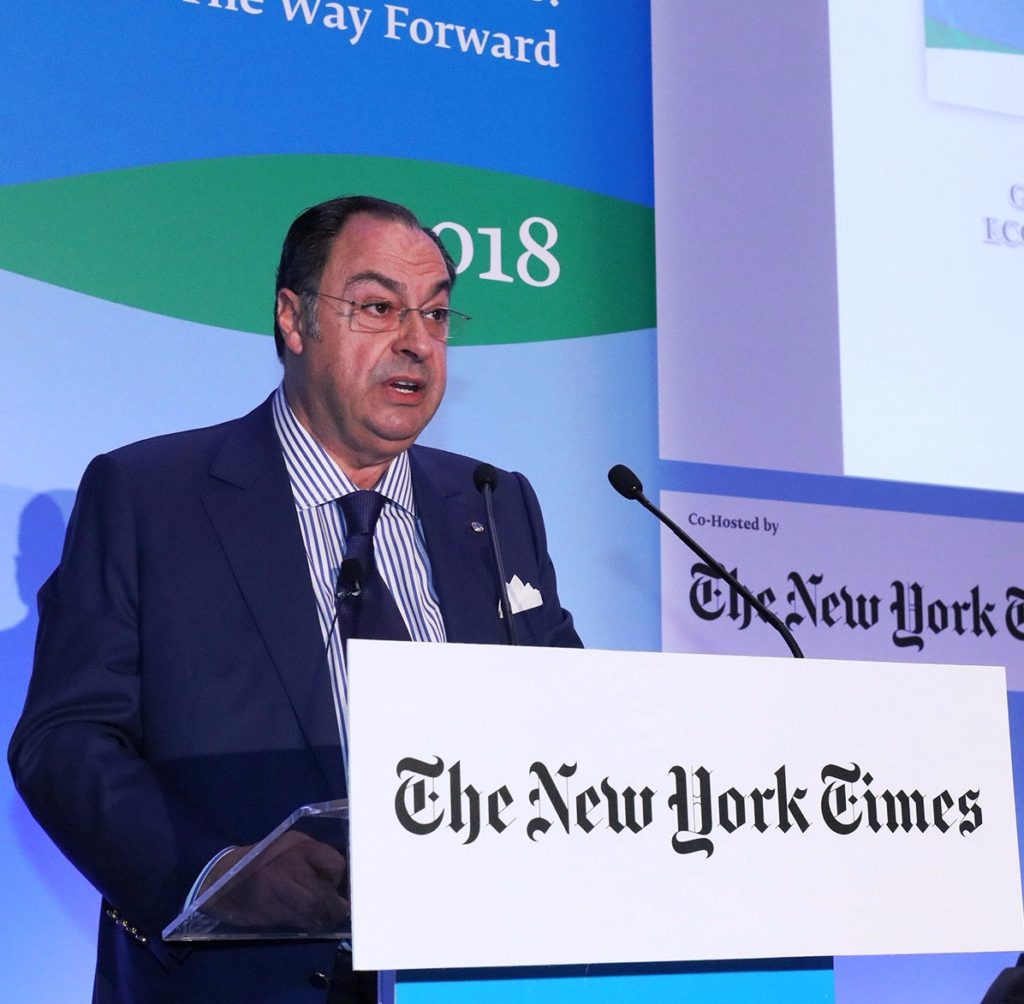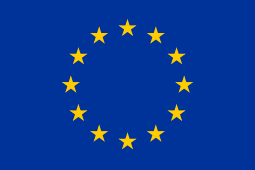Mohammed bin Salman is the worst enemy of his ‘Vision 2030’ plan

Iyad el-Baghdadi is president of the Kawaakibi Foundation, a nonprofit organization focused on the future of liberty in the Muslim world.
It’s been two years since Saudi Arabia’s Crown Prince Mohammed bin Salman announced a national transformation project to structurally overhaul the Saudi state. His “Vision 2030” reform program aims to change the kingdom into a “normal country,” with a post-oil economy and a post-Wahhabi Islam.
Economic reform is the driver behind Vision 2030 – the International Monetary Fund has warned that Saudi Arabia will run out of cash without serious structural reform – but other reforms are no less important. Increasing labor participation by women, for example, requires lifting such restrictions as the driving ban (which is set to end on June 24).
Perhaps the most head-turning change is the transition away from Wahhabism, the arch-conservative version of Islam that had long been allied with the Saudi state. The government has recently stopped all funding to Wahhabi institutions outside Saudi Arabia and severely curtailed the powers of the religious police. Curbing the Wahhabis is great news for everyone. They are extremist, regressive, sectarian, and had received Saudi state support to spread their ideology across the globe, often to destructive effect.
The rest of the international community has a direct stake in the success of Saudi Arabia’s reform effort. Should Vision 2030 fail, we’ll be facing an explosion of instability at the very heart of the Arab and Muslim world. Unfortunately, the 32-year-old in charge of Vision 2030 – Mohammed bin Salman himself – has become a threat to his own project.
Vision 2030 represents, at its core, a new Saudi social contract. But the way the crown prince is rewriting this contract should give us pause.
The Saudi system of governance prior to his rise could be described as a consultative authoritarianism. The king would seek and receive advice from senior members of the royal family, as well as trusted court advisers. In a series of drastic steps, including the roundup of rival princes, the crown prince has effectively dismantled the old structure. Saudi Arabia is now the absolute monarchy that it wasn’t under King Abdullah, King Fahd or any of their predecessors.
Some have argued that serious reform would be impossible without a consolidation of power. But the crown prince’s efforts have gone from the decisive to the destabilizing. His recent shakedown of leading business figures had nothing to do with the rule of law and may have spooked investors. Recent figures show that foreign direct investment hit a 14-year low in Saudi Arabia last year (compared to an 8 percent rise in the neighboring United Arab Emirates).
In any case, the crown prince should have done away with the old system by allowing citizens space to have a say in the new Saudi Arabia that he is envisioning for them – allowing them to co-sign their new social contract. He is doing precisely the opposite.
Among those arrested so far is Essam Al Zamel, a young economist who ran the figures on Vision 2030 and offered criticisms and suggestions for improving it. Recent reports indicate he is being set up for serious charges that would justify long-term imprisonment.
He has also arrested moderate religious figures, including the young intellectual Abdullah Al Maliki, and ex-Wahhabi Muslim reformer Hassan Farhan Al Maliki. These figures could be effective advocates for religious reform, but instead they are facing charges that could put them away for a long time, alienating their support base.
Most recently, the crown prince has arrested Saudi Arabia’s leading women’s rights activists – including Loujain Al Hathloul, Eman Al Nafjan, and Aziza Al Yousuf – charging them with treason. These women have a long history of advocating for social reforms. But the government has treated them like threats instead of potential allies.
In short, the crown prince is promising economic reform while imprisoning economic reformers; he’s promising religious reform while imprisoning religious reformers; he’s promising social reform while imprisoning leading feminists. As he silences the once dynamic Saudi public sphere, note how these voices are being replaced: thousands of bots are flooding Saudi social media, many with pictures of the crown prince, cheering his every move.
The decision-making of the world’s largest oil exporter is now in the hand of a small number of individuals with no consultative process in place, and with dissenters immediately jailed.
Many of the crown prince’s big moves have deteriorated into protracted wars of attrition, such as the war in Yemen or the feud with Qatar. His mass arrest of the leading women’s rights activists is another potential quagmire.
Not only does it quite rightly tarnish his image among the global women’s rights community (in the age of #MeToo, no less), but it also threatens his economic reform agenda, considering that the crown prince’s ordered the detentions after a high-profile visit to the United States in which he met leading celebrities and business leaders. A war of attrition with the global women’s rights movement is not one that he is likely to win, despite his huge PR budget.
The crown prince should release the women’s rights activists, drop all charges against them, and allow them to continue their careers freely. That would be the best way to reassure the world that the reforms are real and remain on track.
For the sake of global stability, Saudi reforms need to be saved from Mohammed bin Salman’s absolutism and heavy-handedness. History shows that governments with no tolerance for dissent usually end up creating disasters.


